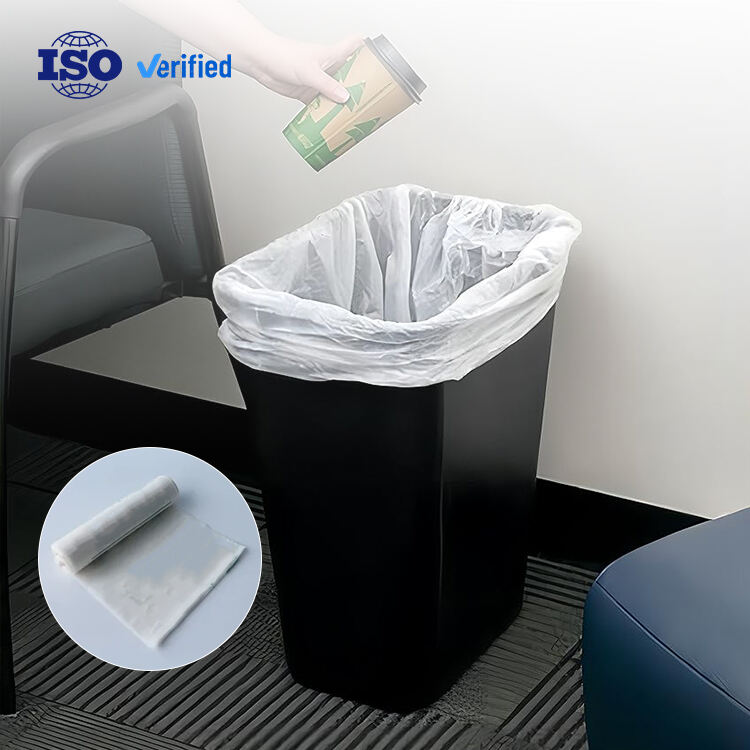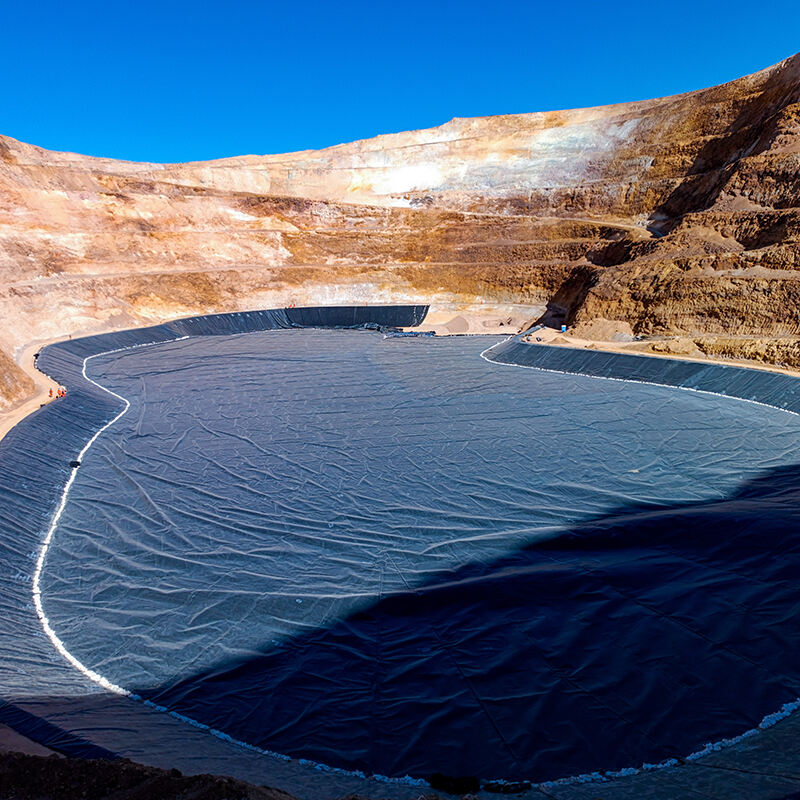film organic plastic mulch
Film organic plastic mulch represents a revolutionary advancement in agricultural technology, serving as a protective barrier between soil and atmosphere. This innovative solution consists of biodegradable materials that effectively manage soil temperature, moisture retention, and weed suppression while maintaining environmental sustainability. The mulch is manufactured through a specialized process that combines organic compounds with traditional plastic materials, creating a product that delivers optimal growing conditions while naturally decomposing over time. Its technological features include UV-stabilized components for extended field life, moisture-control micropores that regulate water distribution, and a specialized surface texture that maximizes light reflection to underlying crops. The film's thickness typically ranges from 0.015 to 0.03 millimeters, providing sufficient durability while ensuring complete biodegradation within one growing season. Applications span across various agricultural sectors, from commercial vegetable production to organic farming operations, offering particular benefits in regions with challenging growing conditions. The mulch excels in both greenhouse and open-field applications, supporting crops such as tomatoes, peppers, strawberries, and melons, while significantly reducing the environmental impact compared to traditional plastic mulches.


